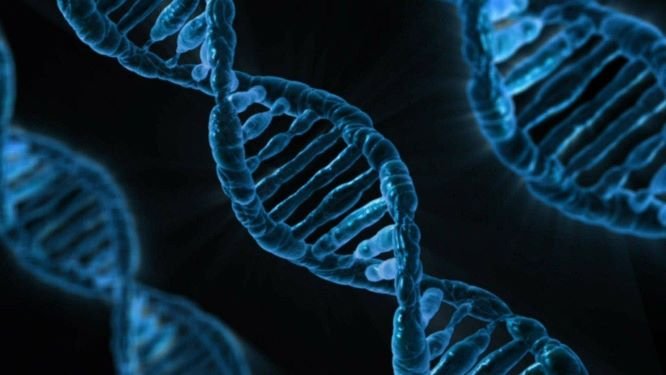
What makes us who we are? Are our identities due more to nature or nurture? These are some of the questions that everyone ponders throughout their lives and that psychologists, philosophers, and scientists have been debating for hundreds of years.
In years gone by this debate was known as the Nativism and Empiricism but it essentially means the same thing.
Empiricism or the Nurture argument suggests that it is our environments, upbringings, socio-economic groups, the people we meet and spend time with, and the experiences we have that shape our identities, and they, by their nature, change us as we grow and age. Early nurture advocate, the 17th Century philosopher John Locke said that people are all ‘tabula rasa’ meaning blank slates.

That, therefore, it is experiences and education which make us who we are. We can all see the evidence for this theory and perhaps want to see it, we want to feel that we all have control over our own lives and destinies rather than thinking it is all laid out for us already in our genes. Indeed, children of criminal parents would not want to and of course, should not be treated as though they too are criminals.

The other side of the debate is Nativism or Nature. This is the idea that we are born with certain behaviors and ideas which then shape our world. This theory has been propounded by philosophers such as Rene Descartes in the 17th Century or more recently Professor Robert Plomin, a behavioral geneticist. He argues that our DNA is responsible for more of our behavioral traits than is commonly thought. His book Blueprint: How DNA Makes Us Who We Are posits that nature is more important, in shaping who we are than nurture.
Indeed, as more and more people take DNA tests to find out about their genetic predispositions regarding their health or to help them with their family history research and reach out to relatives they may not have met or even heard of before we see and hear stories about people who share some surprising similarities. Yes, it is to be expected that people who share DNA have similarities such as eye color, height, build, skin tone, etc. Many people who find their biological family through DNA testing report their feelings of comfort and belonging at being in a room with a family who look like they do. Especially after perhaps growing up around family with whom they do not share looks. More surprisingly perhaps are the little details that go beyond the way people look to things that seem to be a mere coincidence but perhaps are more to do with that shared DNA than we are fully aware of.

In the case of John Larson, he discovered on meeting his biological father as a result of DNA testing that their similarities went beyond having the same eyes to wearing the same suit on the day they met, having the same money clip, and both sharing a love of flashlights. As for his sister, whom he met at the same time they discovered that they had both climbed Mount Kilimanjaro, within 6 months of each other and with the same crew to guide them. It is almost enough to make you wonder if we truly make any real choices at all, or if our DNA is guiding us in everything that we do.
Whether you are interested in the bigger debate. Or, whether you simply want to see for yourself whether you and your relatives share more than your great Grandmother’s eyes or your Great-Grandfathers nose; like the kinds of ‘coincidences,’ John Larson discovered. Taking a DNA test can help you find out more about what makes you who you are.




